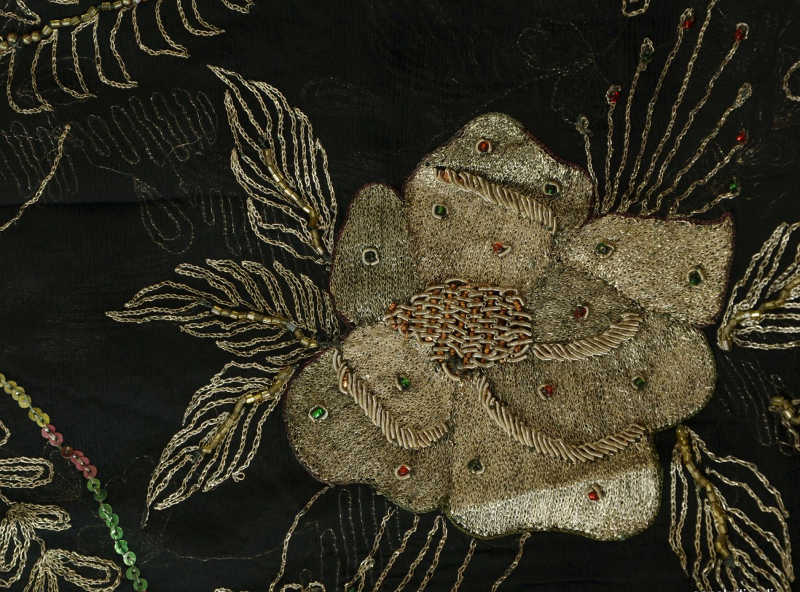===
0949,
1
===

=== |
 |
t̤abīʿat : 'Nature, disposition, constitution, temperament ... ; genius; mind; temper; natural constituent, intrinsic property, essence'. (Platts p.751)
FWP:
SETS == POETRY
MOTIFS
NAMES
TERMS == ELEGY; FLOWINGNESS; GHAZAL; MOOD; PEN-NAME; 'TUMULT-AROUSING'This long thirteen-verse ghazal is formally unusual because the pen-name is present only in this opening-verse, and not anywhere else-- including the final verse. It thus has no 'closing-verse'. (This is unusual, but not unique; for other examples of unconventional pen-name arrangements, see 'pen-name' on the 'Terms' page.)
The reason that some people might have taken this ghazal as an elegy [marṡiyah] composed by Mir for himself, as SRF mentions, is no doubt the refrain us kī , which makes it convenient for the verses to speak of different qualities and actions attributed to 'him'-- that is, to 'Mir' (an identification encouraged by the presence of the pen-name in the opening-verse, and also by the frequent references to 'his' poetry). Except for {949,12}, all the verses work exactly this way. Some verses make it clear that 'he' is alive; others keep 'his' condition ambiguous. Only {949,5} and the last verse, {949,13}, make it clear that 'he' is dead; and the last verse is not a closing-verse, and thus lacks the formal, finalizing effect that the use of 'Mir' would have provided.
Because the ghazal is so unusual, and because SRF praises it so highly for having all its verses collectively saturated with 'mood', I decided to go ahead and include here not just the three verses SRF selected for SSA, but all the verses.